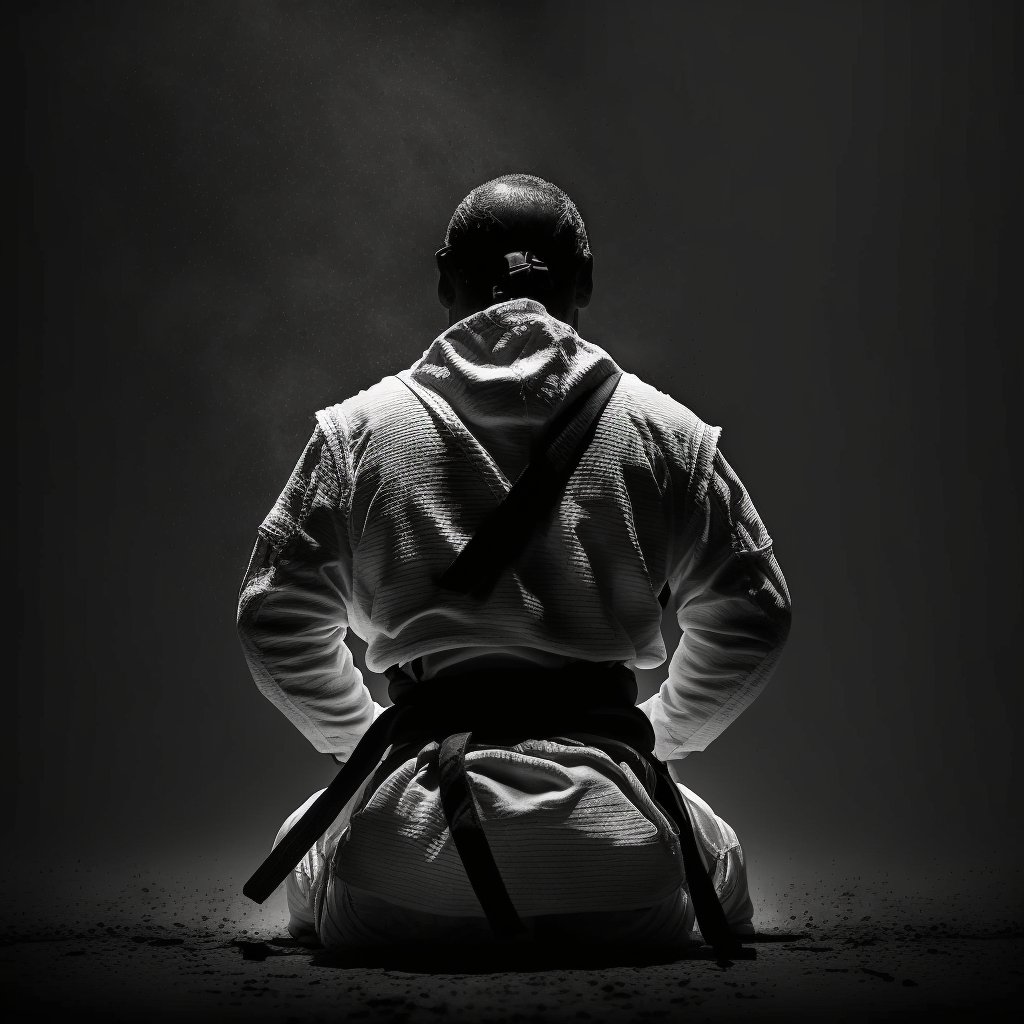Welcome To Josiah Kick's Blog
The one stop shop for expert insights, techniques, and inspiration in the world of martial arts. From technique tutorials and training tips to history of martial arts around the world, our blog is your go-to resource for all things martial arts. Join our vibrant community, connect with like-minded enthusiasts, and embark on an exciting martial arts journey with us!
New Post Every Monday, Wednesday, and Friday

The Role of Martial Arts in Cultural Exchange and Diplomacy
The Role of Martial Arts in Cultural Exchange and Diplomacy
Martial arts, with their deep historical roots and diverse styles, have transcended their original combat purposes to become significant channels for cultural exchange and diplomacy. From the Dojos of Japan to the Kung Fu schools of China, martial arts offer a unique perspective on cultural values, traditions, and philosophies. In this blog, we explore how martial arts contribute to international understanding and diplomatic relations.
1. Martial Arts as Cultural Ambassadors
Martial arts are often one of the first cultural exports that come to mind when thinking of countries like Japan, China, Korea, and Brazil, among others. These arts are imbued with the history, philosophy, and spirit of their native lands. When practitioners around the world engage in martial arts like Karate, Taekwondo, Kung Fu, or Brazilian Jiu-Jitsu, they're not just learning a fighting technique; they're immersing themselves in the culture, values, and traditions of these countries. This process of learning and engagement fosters a deeper understanding and respect for different cultures.
2. Martial Arts in Diplomatic Arenas
The diplomatic power of martial arts can be seen in various international events and exchanges. For instance, martial arts demonstrations often form part of cultural delegations during state visits, showcasing national heritage and prowess. The inclusion of Taekwondo in the Olympic Games and Karate in the Tokyo 2020 Olympics are prime examples of how martial arts can serve as a bridge between nations, fostering mutual respect and understanding through sportsmanship and shared interests.
3. Promoting Peace and Understanding
At their core, many martial arts teach discipline, respect, and the pursuit of peace. This philosophy makes them an ideal tool for promoting international understanding and peace. They can be used in conflict resolution initiatives, where the discipline and respect learned through martial arts help individuals from diverse backgrounds find common ground. Furthermore, martial arts programs have been used in various international aid projects, helping to empower individuals and communities in challenging circumstances.
4. Educational and Exchange Programs
Educational and exchange programs centered around martial arts have emerged as effective means of cultural diplomacy. These programs often involve students or practitioners traveling to the origin countries of these martial arts to train and learn. Such immersive experiences provide profound insights into the culture, lifestyle, and philosophy of the host country, promoting a deep and lasting understanding that transcends the dojo or training hall.
5. Building Global Communities
Martial arts have a unique ability to build international communities based on shared interests and mutual respect. This global community is evident in international competitions, seminars, and workshops, where practitioners from around the world gather to share knowledge, skills, and experiences. These gatherings are not just about competition or skill-sharing; they're melting pots of cultural exchange, where lasting friendships and understanding are fostered.
To Summarize
The role of martial arts in cultural exchange and diplomacy is multifaceted and powerful. By transcending language barriers and cultural differences, martial arts offer a unique platform for promoting international understanding, peace, and cooperation. As these arts continue to spread and evolve globally, their contribution to cultural diplomacy will undoubtedly grow, fostering deeper intercultural connections and understanding in our increasingly interconnected world.
Martial arts remind us that beneath the surface of cultural differences, there lies a shared human experience, one that can be understood and appreciated through the universal language of discipline, respect, and harmony.

